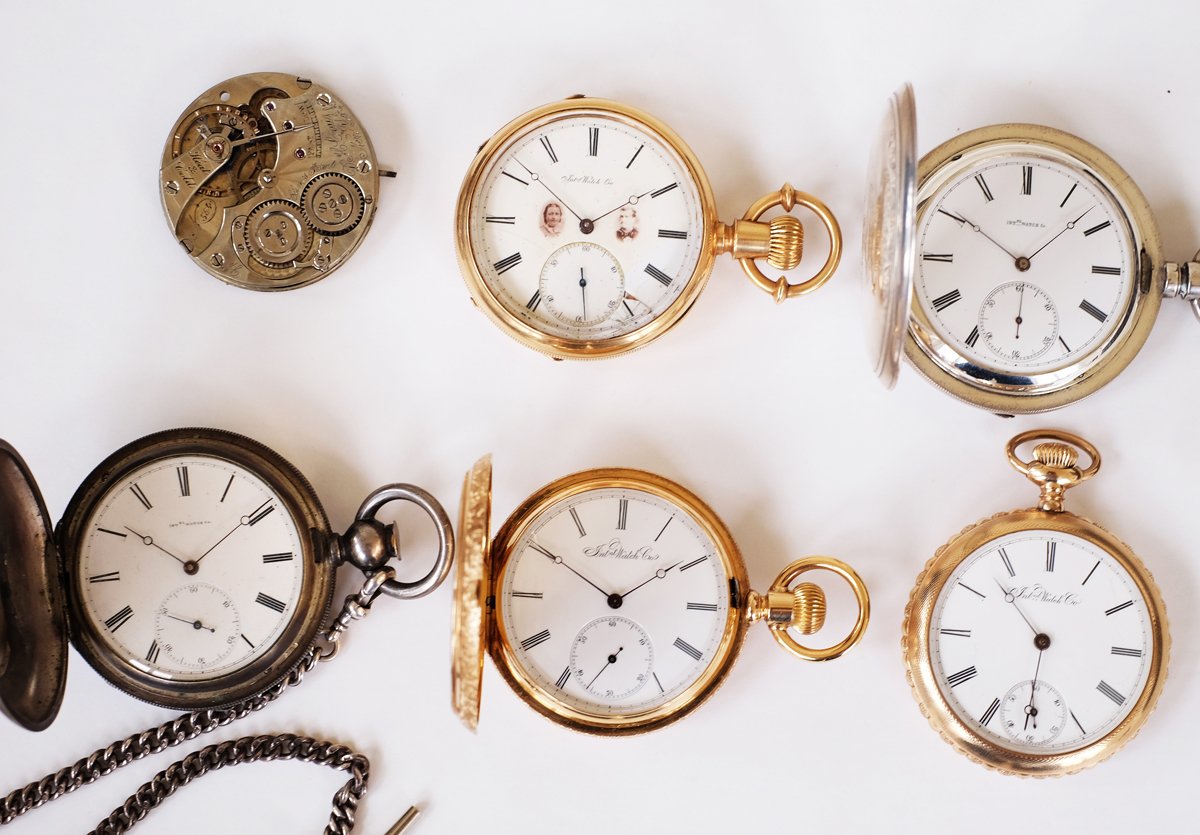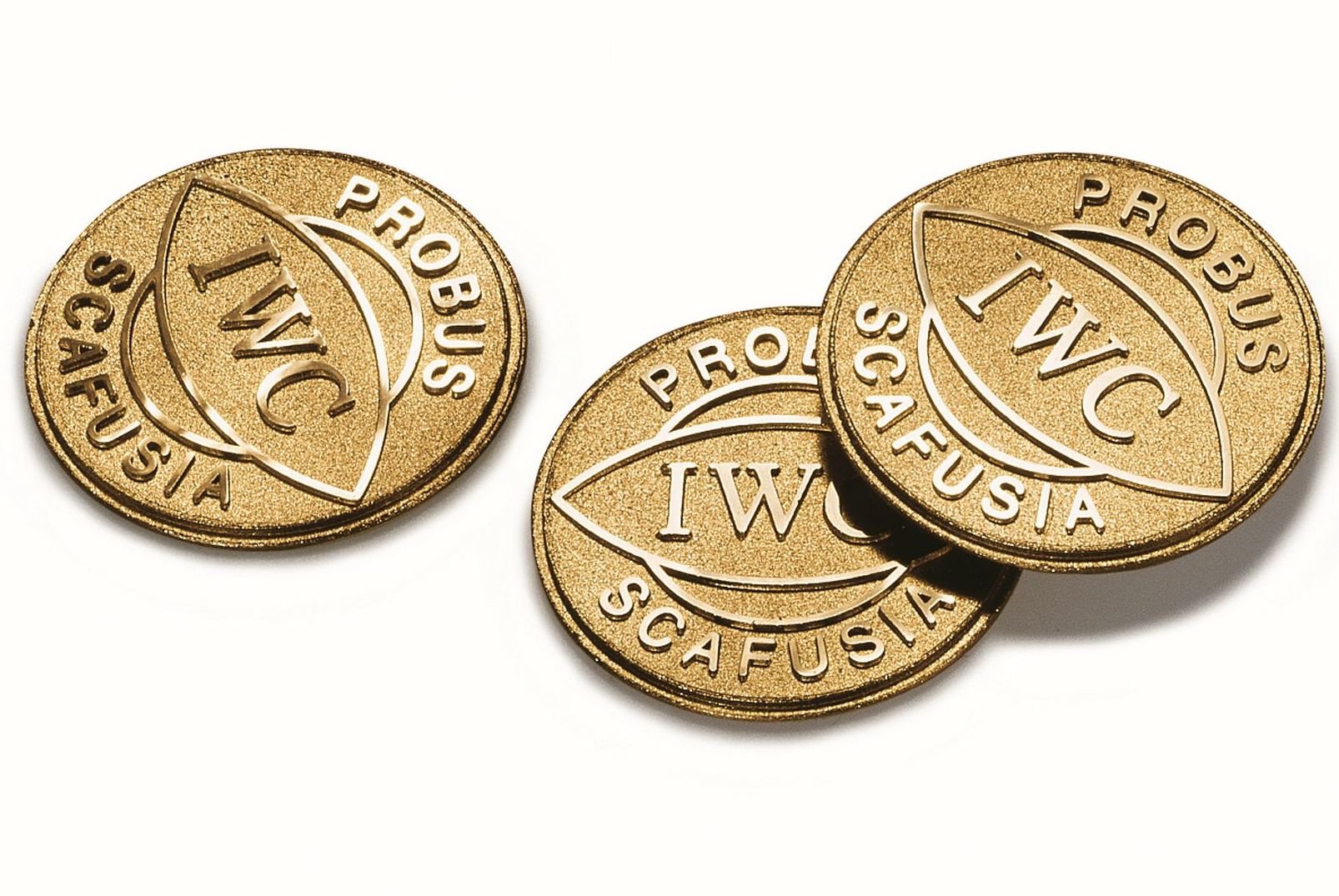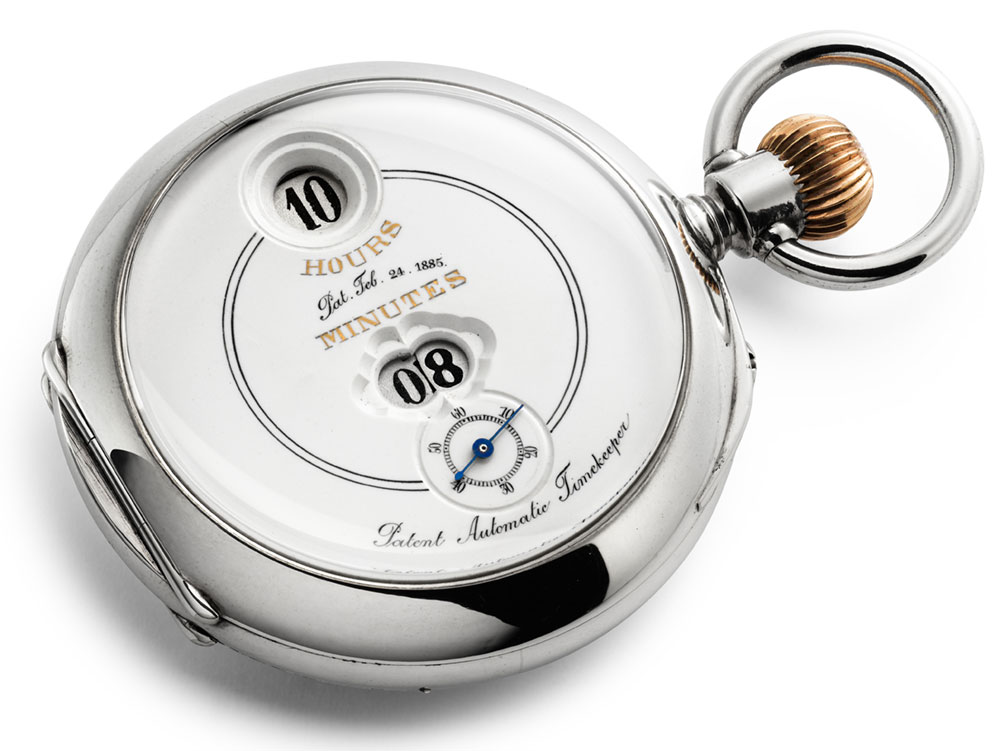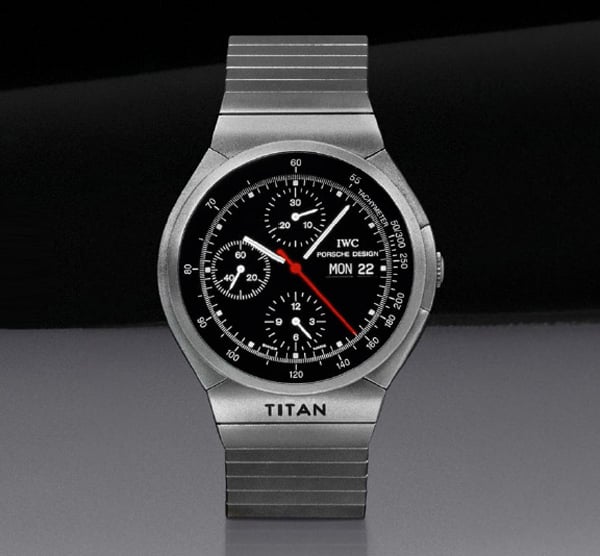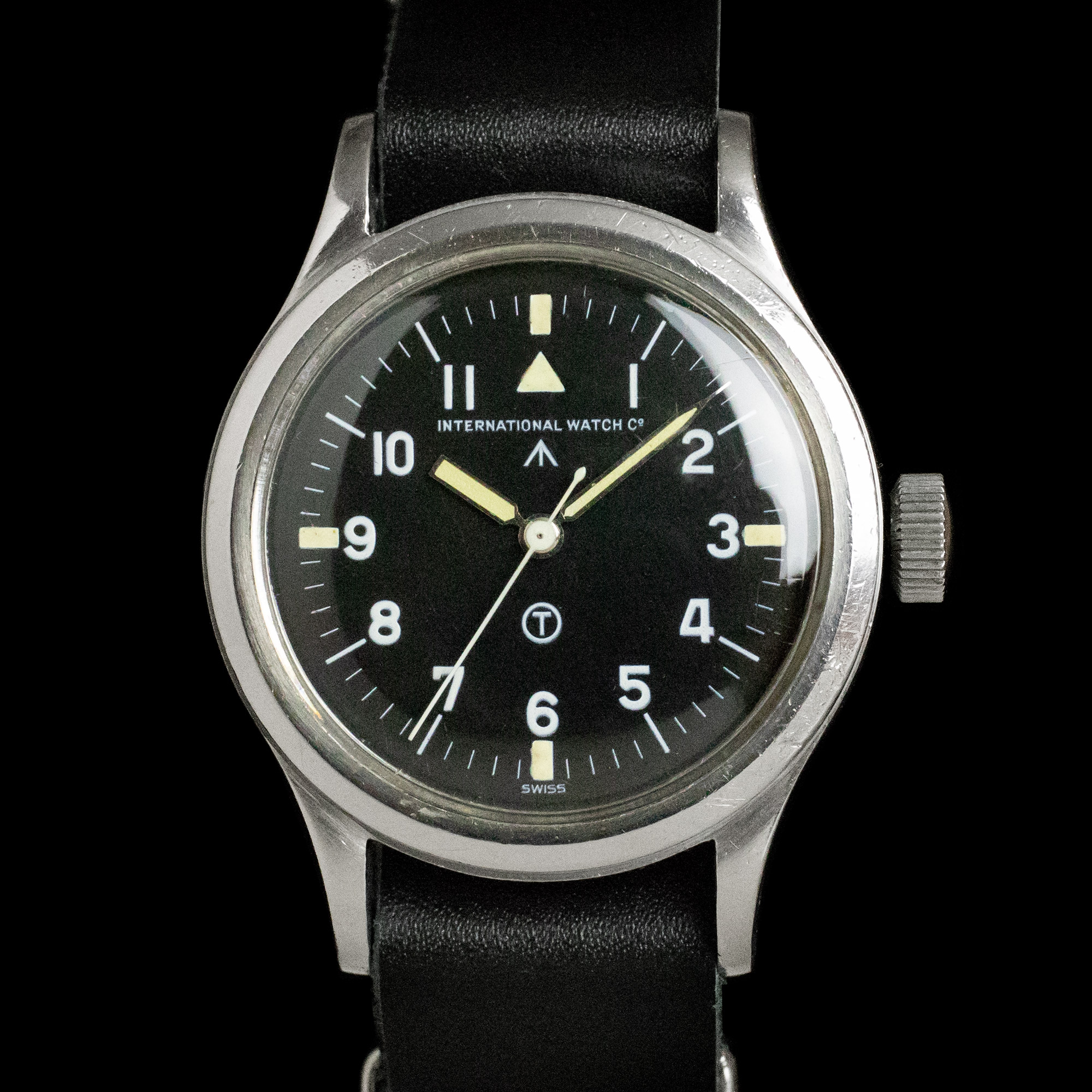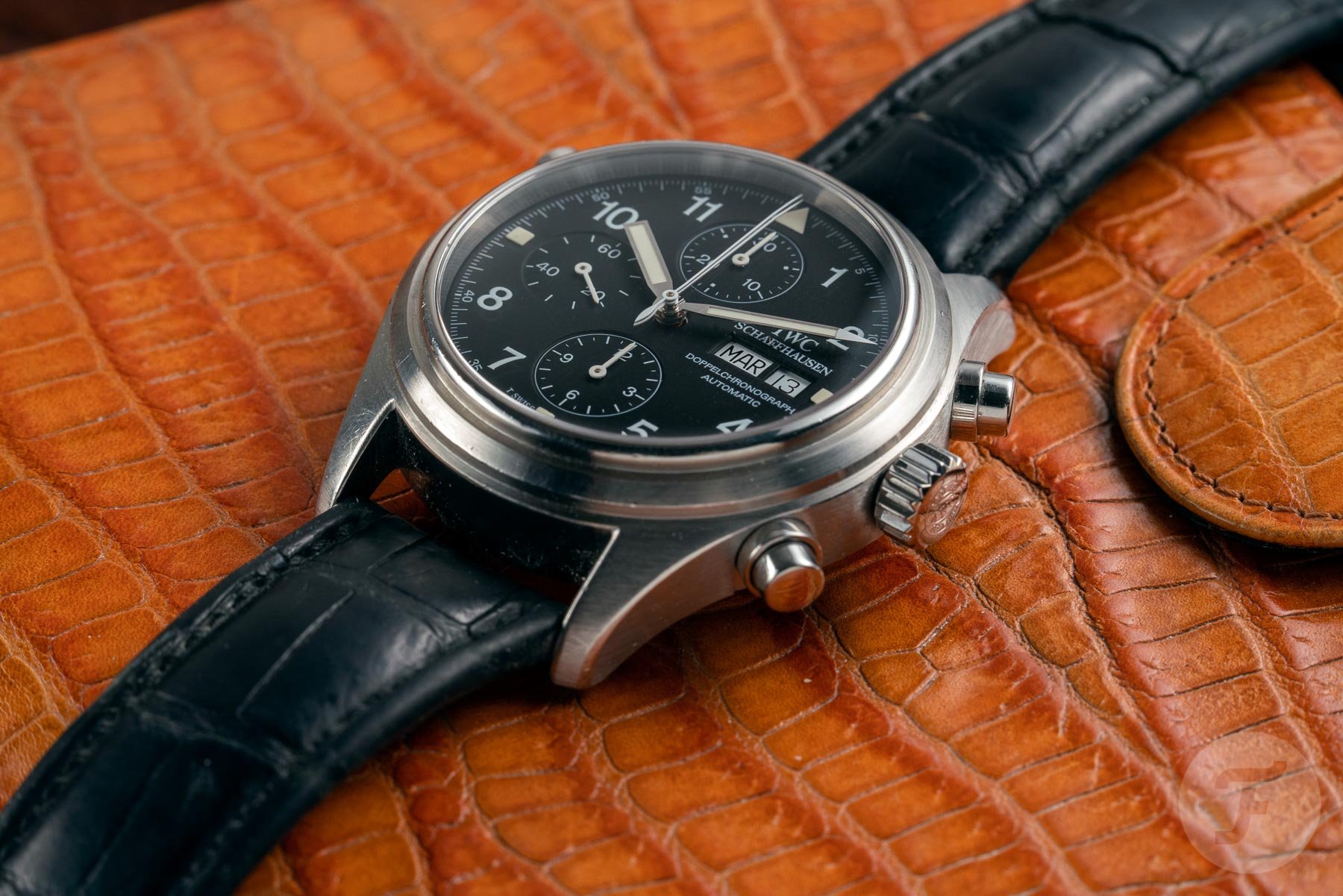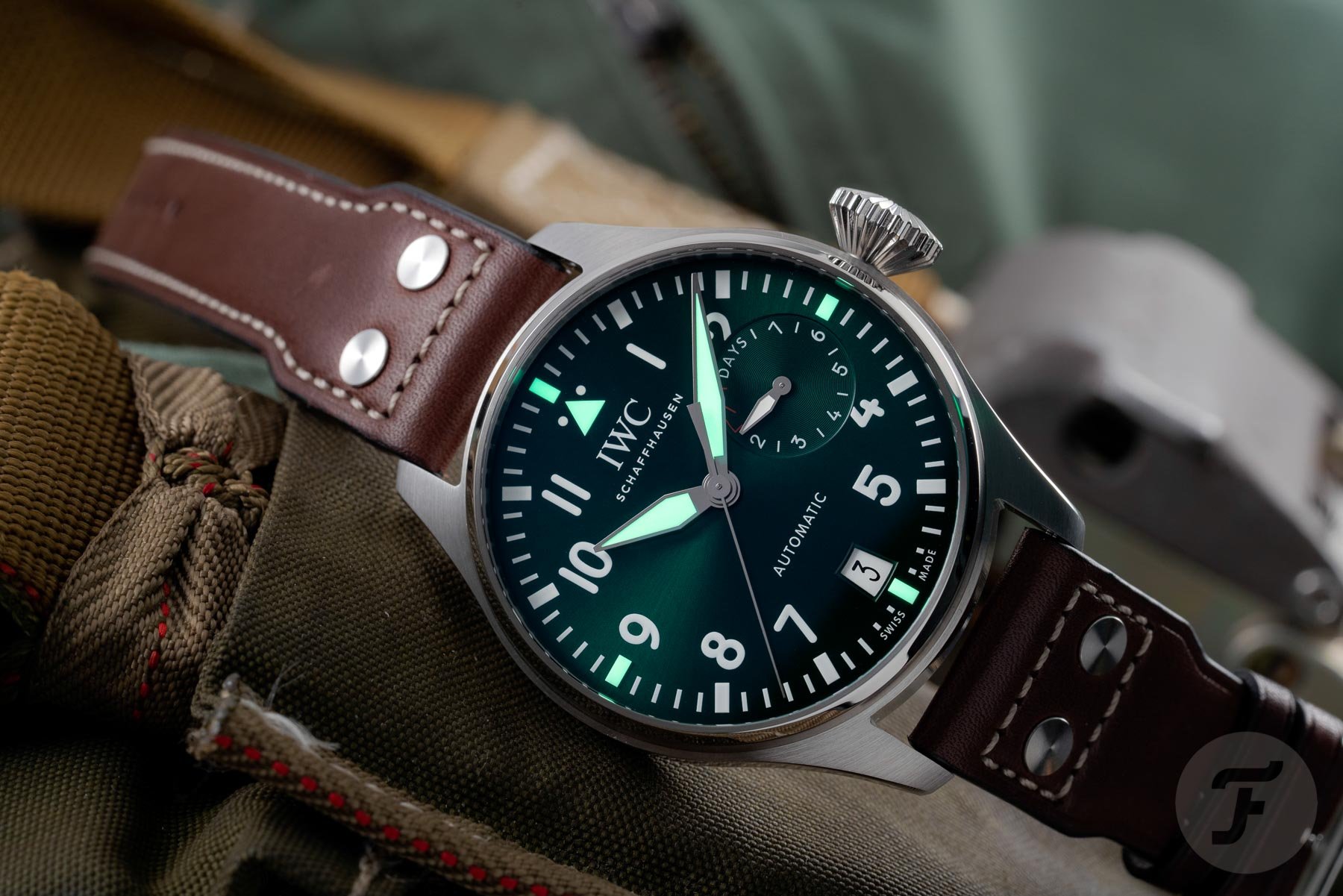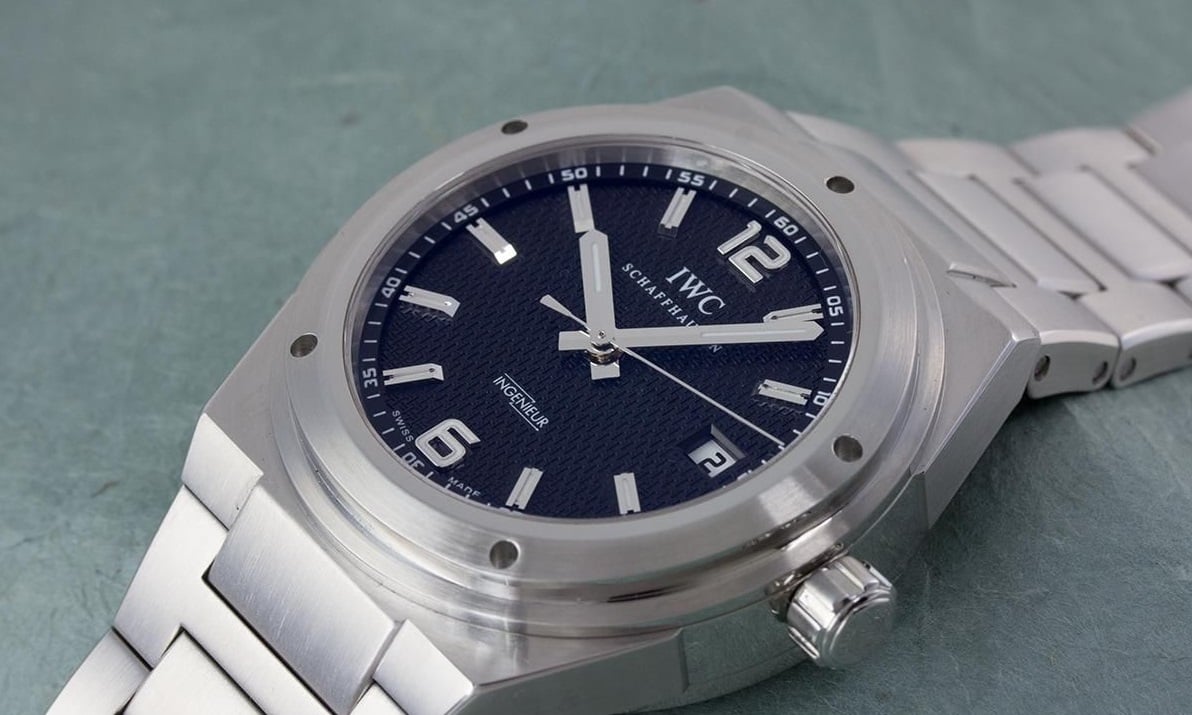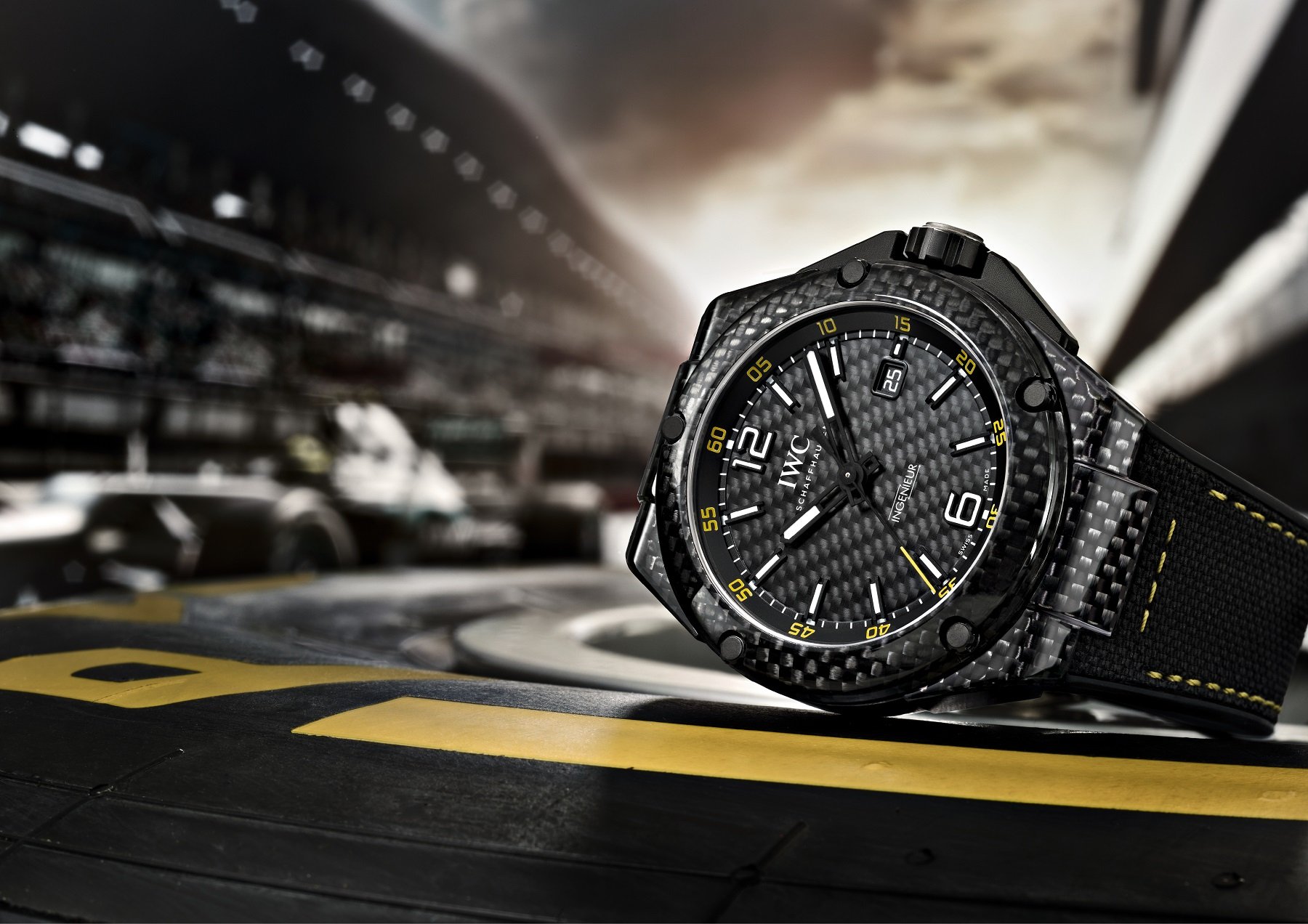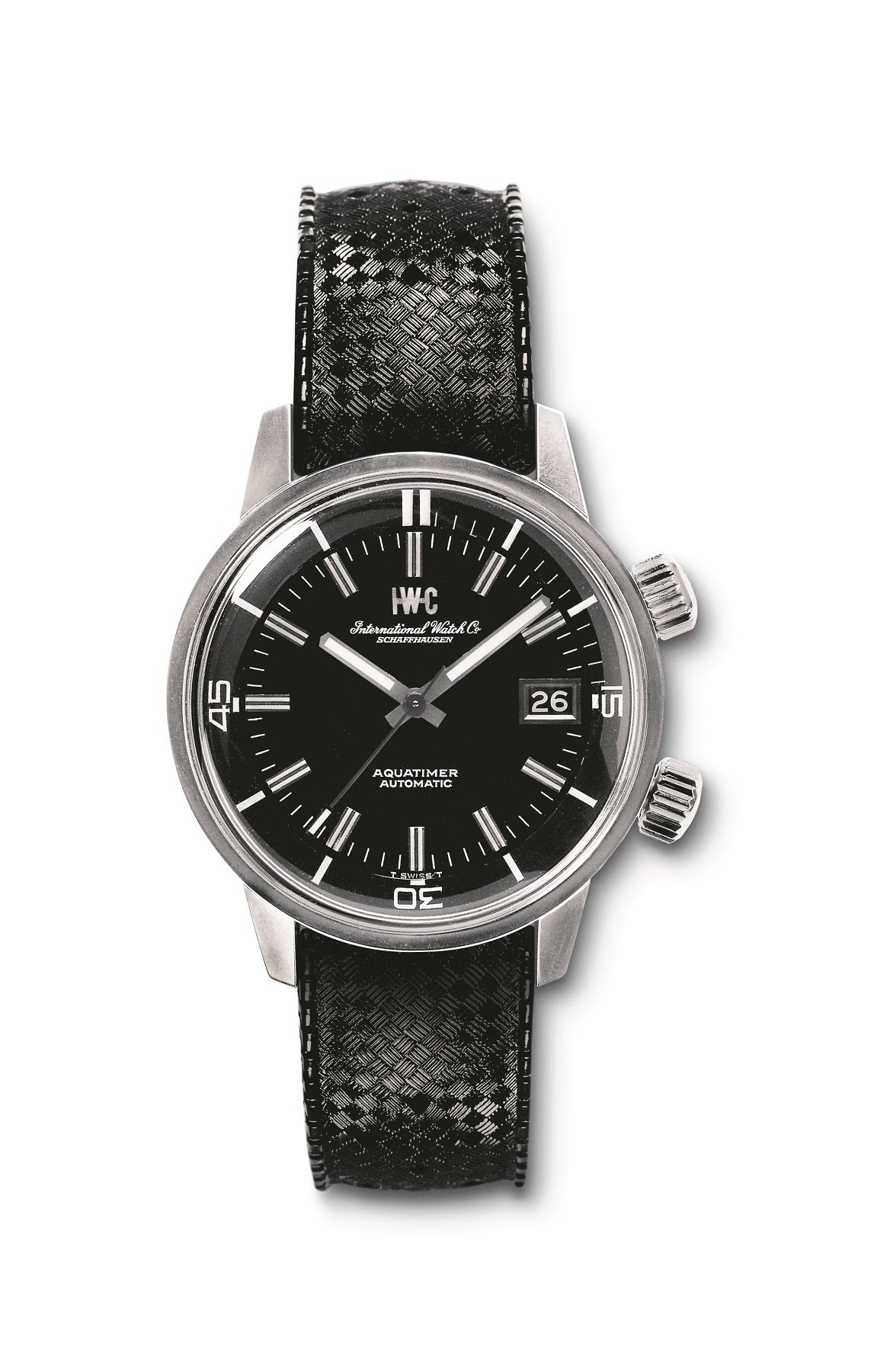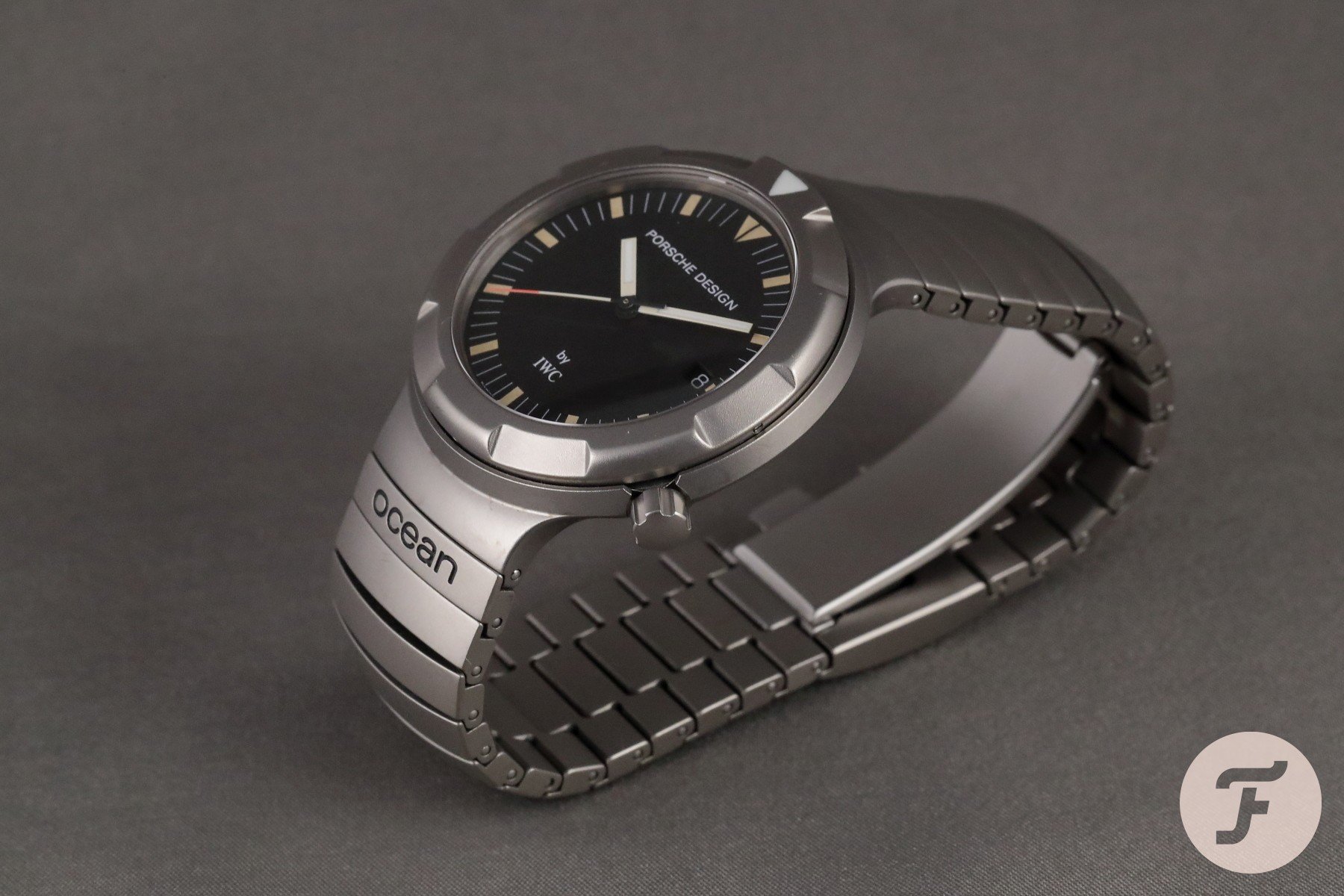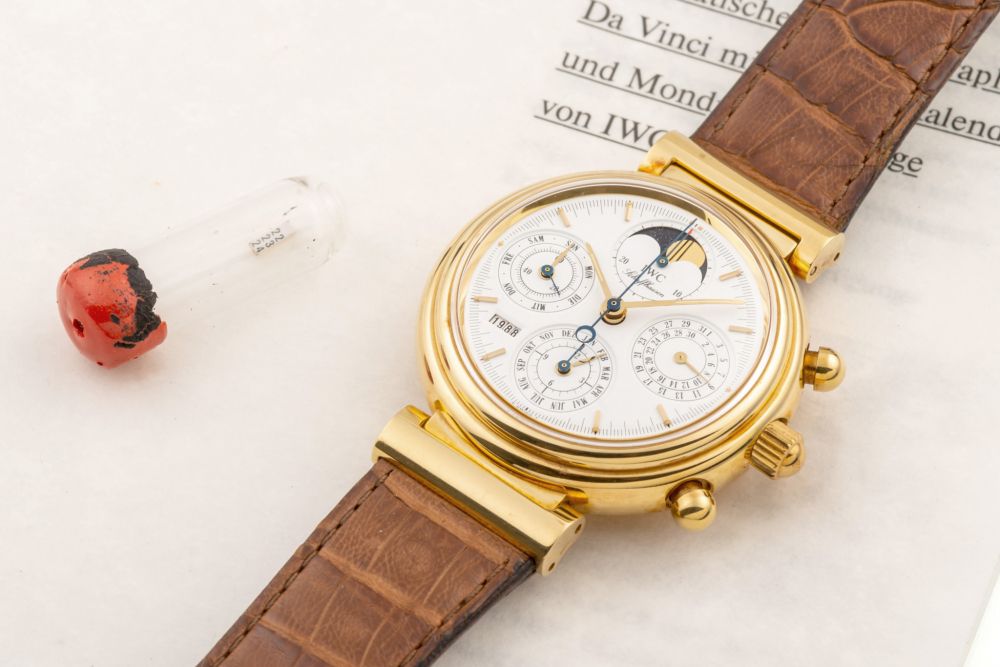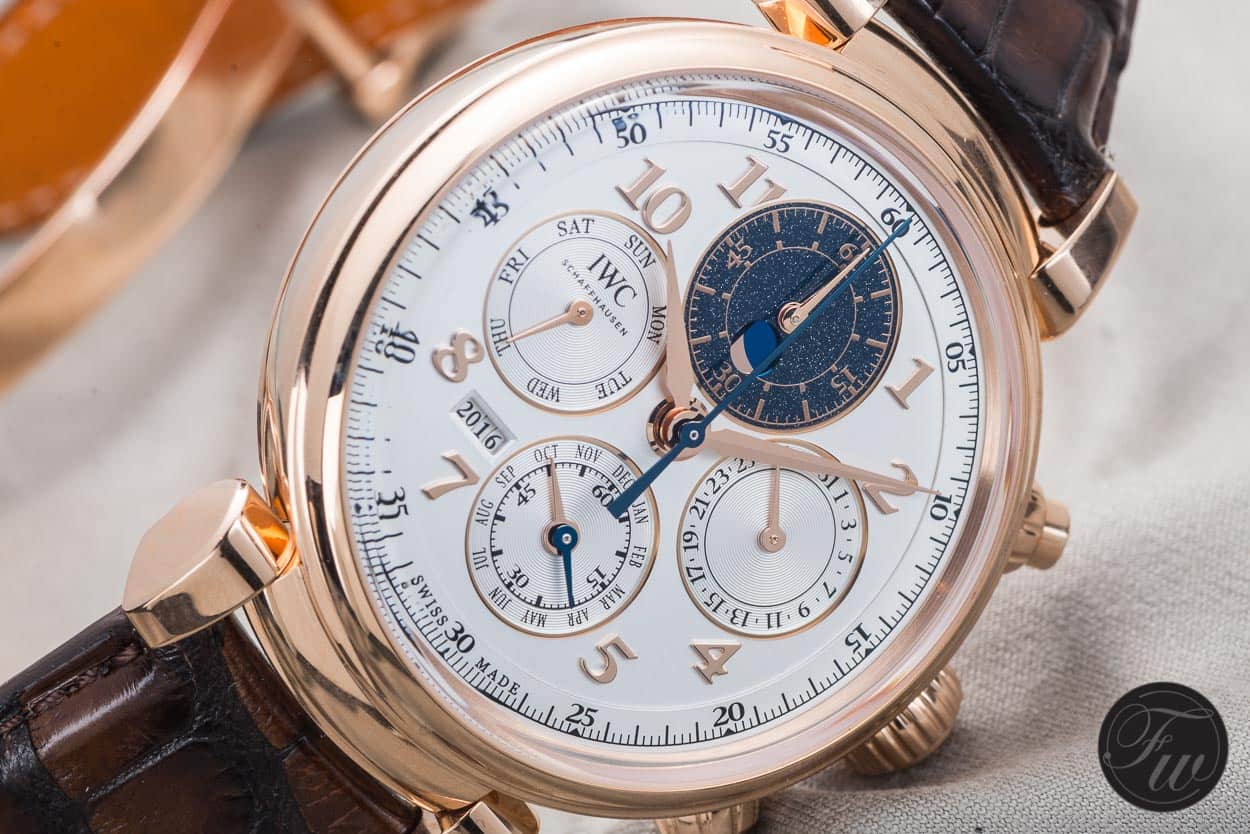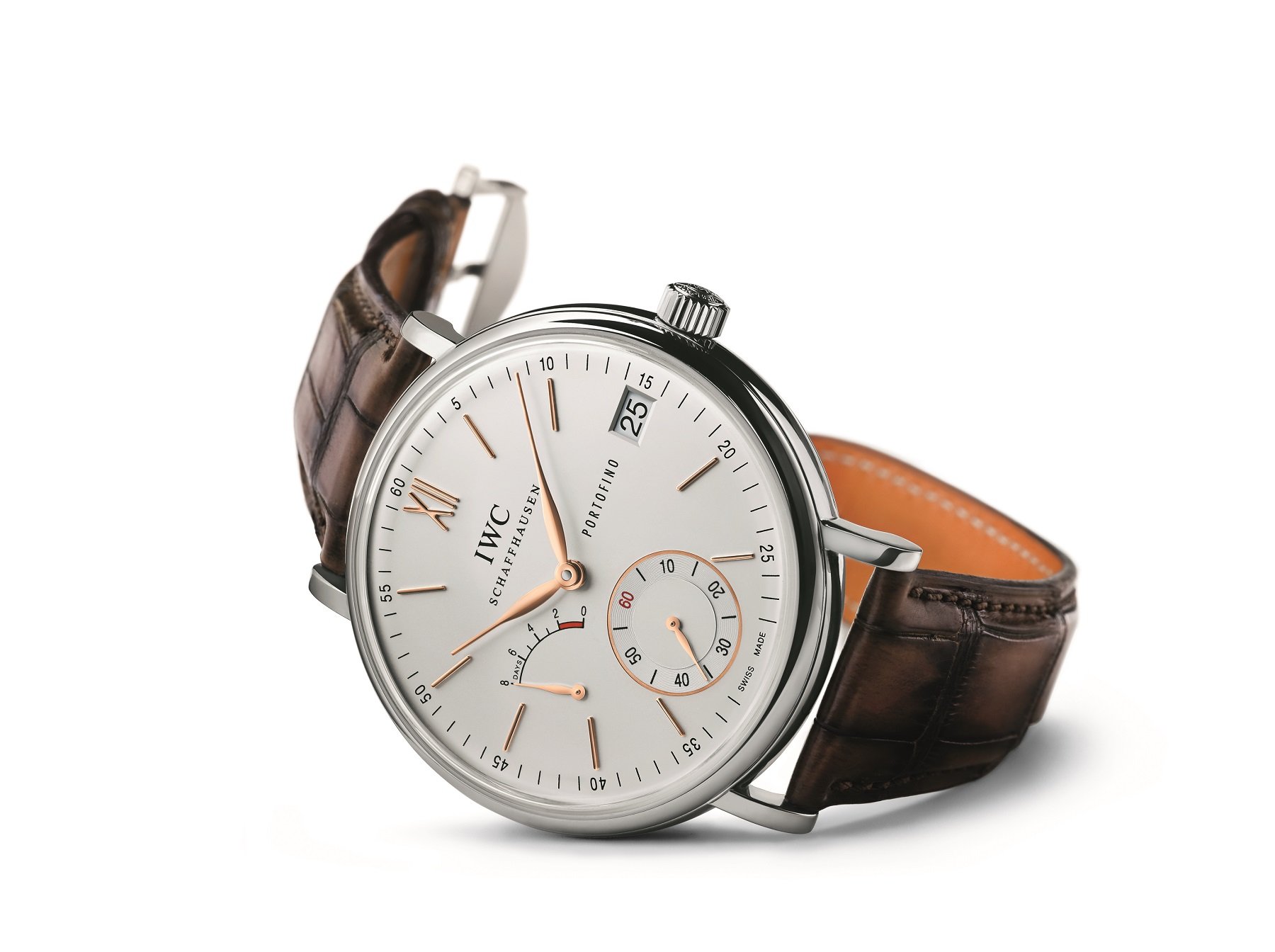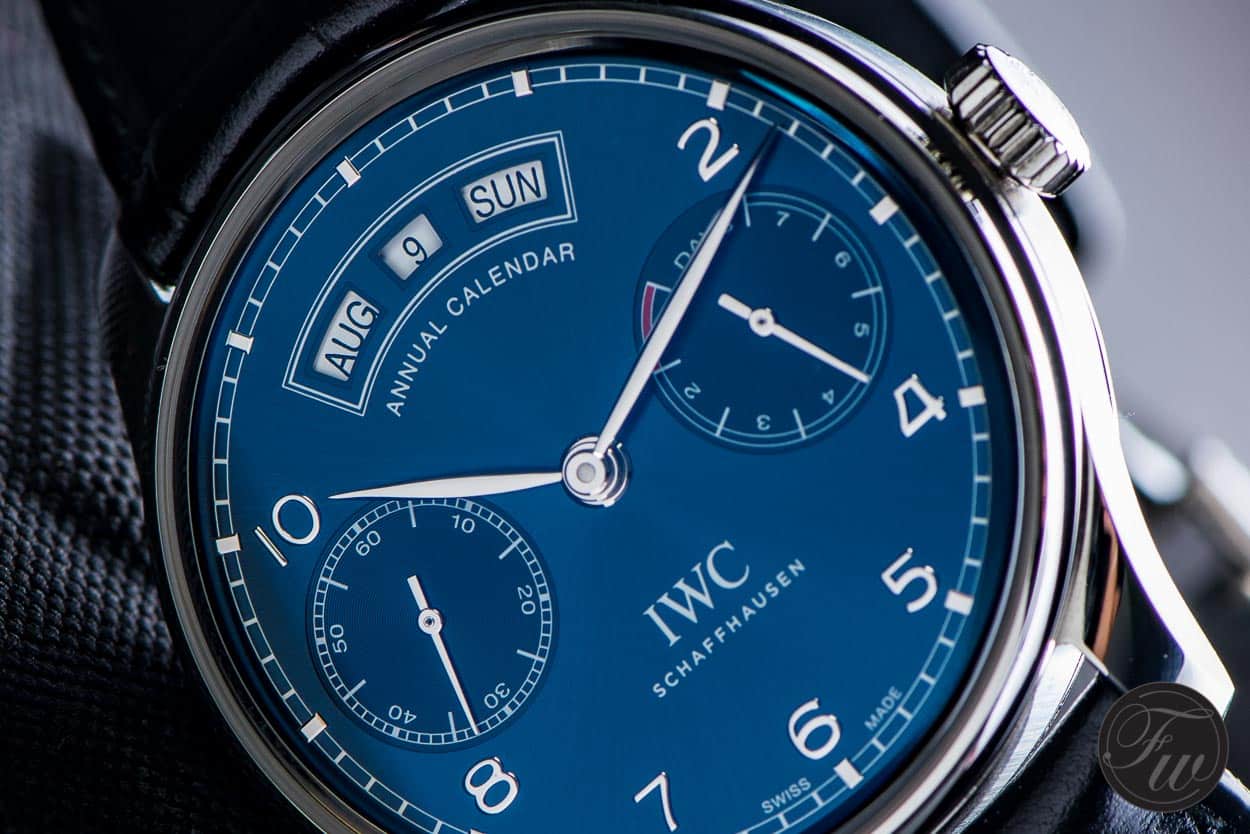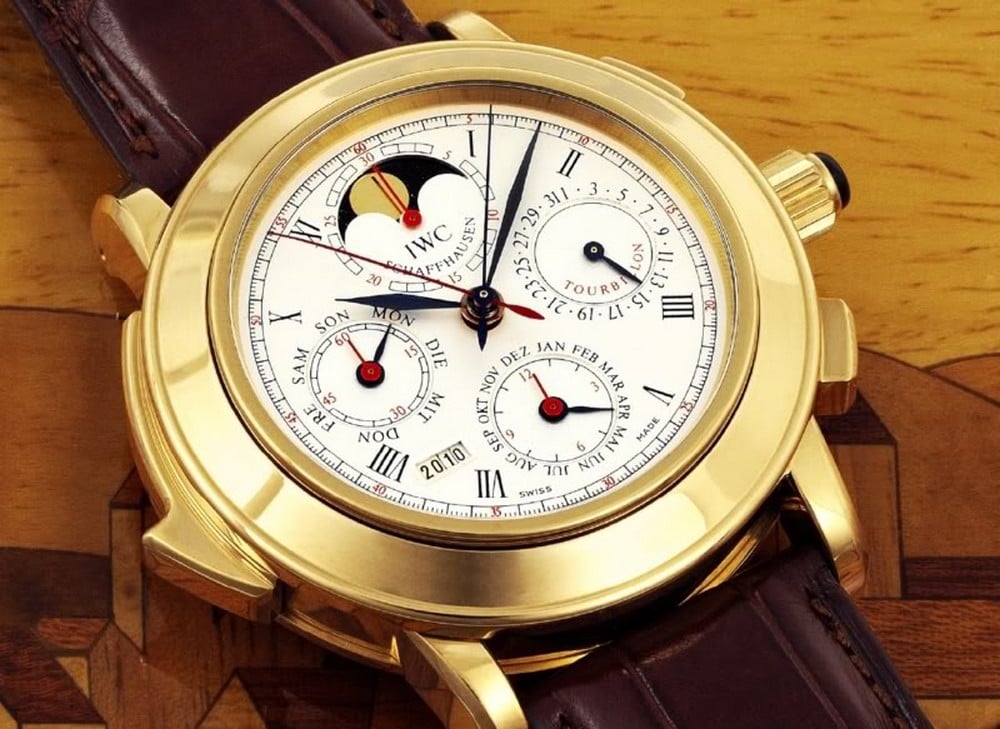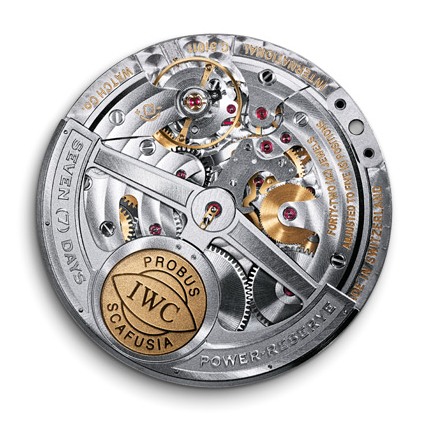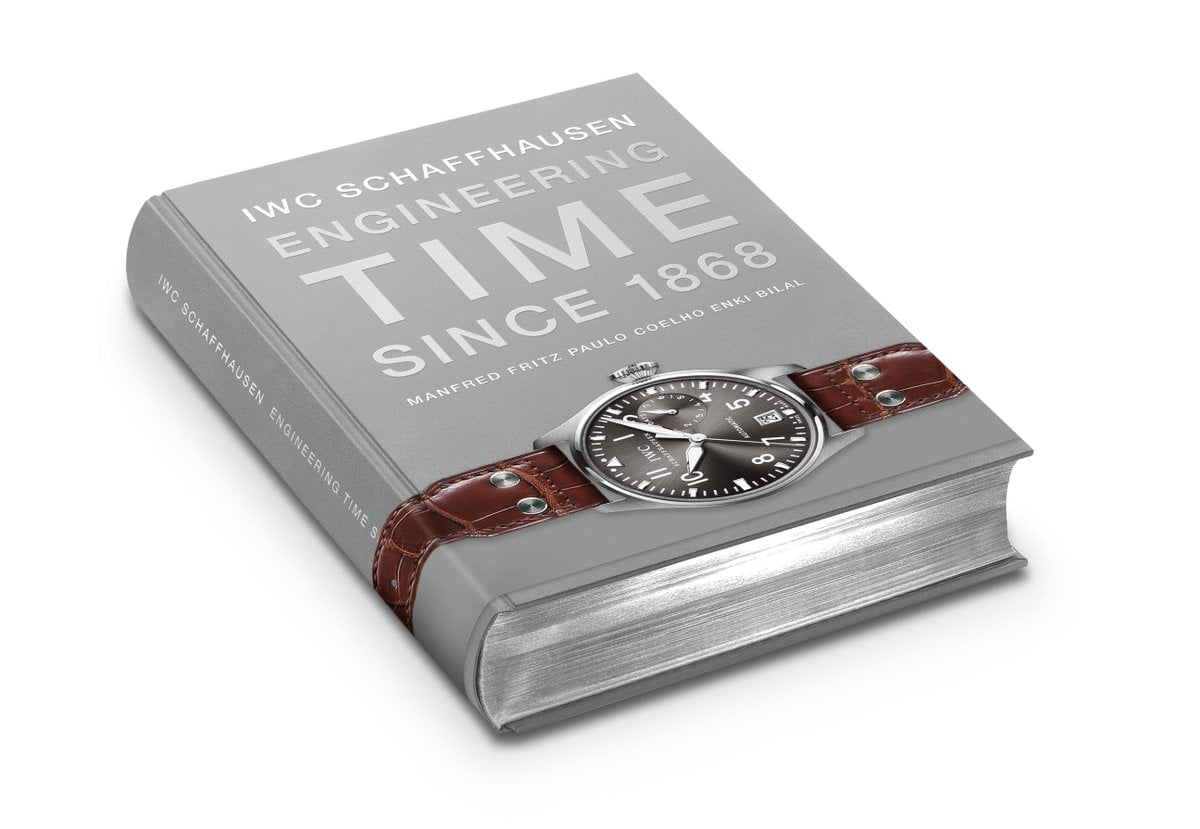IWC Brand History Highlights — From The Big Pilot, To The Portofino, Ingenieur, Aquatimer, And Beyond
For IWC everything began in 1868 with the American engineer and watchmaker, Florentine Ariosto Jones, who decided to leave the USA and travel to Switzerland to look for new and better business opportunities. Basically, he wanted to escape the cost of labor in his home country, and use more affordable labor in Switzerland. Not long after, he founded the International Watch in Schaffhausen where he used the force of the river Rhine to power his machines. With its American roots, IWC has since become a household name in the Swiss watch industry. Let’s have a look through the IWC brand history highlights.
Florentine Ariosto Jones was a man with a plan. Jones was born in New Hampshire in 1841 and fought in the American Civil War. After the war, he started working at the Boston-based watch manufacturer E. Howard & Co. He was able to make a start to his career there, but he had a more ambitious plan for himself going forward.
The idea, at first, was to produce high-quality movements and watch parts for the American market.
The plan was to find a spot in Switzerland to start a manufacture. Bringing in modern machines from across the ocean, and having them operated by highly qualified Swiss workers. The idea, at first, was to produce high-quality movements and watch parts for the American market. And at a very competitive price at that! This was mostly thanks to the lower cost of labor in Switzerland. He first searched for the right spot in the French-speaking parts of Switzerland but was unable to find one that perfectly suited his needs.
The early days of the IWC brand
When Jones met Johann Heinrich Moser — a watchmaker and manufacturer from Schaffhausen in eastern Switzerland — everything fell into place. Moser, a pioneer in the industry, had just established a hydraulic power station powered by the force of the river Rhine. This station provided cheap energy and Jones saw the opportunity and decided to establish the International Watch Company’s (IWC) base of operations near the power station on the banks of the river.
A good reputation is no match for high taxes
Jones soon made a name for himself and IWC with the introduction of the advanced “Jones caliber” for pocket watches. Unfortunately, having a good reputation alone was not enough. His plan to export to the USA didn’t generate enough income, mainly due to high import duties. As a result, the company went bankrupt, making the Schaffhausener Handelsbank its new owner. In 1874 the bank converted IWC into a stock company, one that would also not last too long. In 1880 the company went bankrupt once again. That was the moment when Johannes Rauschenbach purchased the company and successfully steered IWC into calmer waters. It was also the time that the philosophy “Probus Scafusia” was introduced. The Latin phrase represents the confirmed excellence of the company’s Schaffhausen product.
The many names behind the IWC brand
There have certainly been a number of significant changes throughout the IWC brand’s history. Many generations of Rauschenbachs led the family business. The final member of the Rauschenbach family in charge of the company was Hans Ernst Homberger. Due to the quartz crisis, rising gold prices, and a weak dollar, he was forced to sell IWC to the German company VDO Adolf Schindling AG in 1978. Both Jaeger-LeCoultre and Lange Uhren GmbH were, at a certain point in their history, under VDO ownership.
Under the wings of Richemont, IWC started a much more dynamic second life.
Later, in 1991, VDO merged with the Mannesmann corporation. The telecommunications giant, Vodafone, then purchased Mannesmann in the year 2000. Not long after, Vodafone sold IWC and the other watch brands to the Swiss watch conglomerate Richemont. Under the wings of Richemont, IWC started a much more dynamic second life.
The material side of IWC
The spirit of innovation has always been an important element at IWC, and in 1885 it was this spirit that led to the creation of revolutionary pocket watches with digital indication. These watches were an invention from Mr. Pallweber and were produced by IWC. Nowadays these quirky IWC pocket watches with an enamel dial have become rare and sought-after collector’s items.
Another IWC brand history highlight is the creation of the world’s first all-titanium wristwatch. Designed by F. A. Porsche and produced in 1980 by IWC. More on IWC’s material-mastery later in this article, when we discuss their innovations when it comes to the creation of movements.
IWC Pilot’s watch takes off
Let’s start the overview of IWC’s collection with its Pilot’s Watches. The IWC aviation story begins in 1936 when they released their first-ever wristwatch designed especially for pilots. It’s a watch outfitted with an antimagnetic inner case to keep the movement safe from disturbing magnetic fields. The oversized “Beobachtungsuhr”, which we now know as the Big Pilot’s Watch, first appeared in 1940. The much smaller Mark XI debuted in 1948. A watch that loyally served the English RAF pilot for over 30 years. Long enough to secure its cult status. All classic IWC pilot’s watches are, first and foremost, technical timekeeping instruments for the pilots who wear them. Their ultra-legible black and white dials underline that fact. The Mark XII is another excellent example of their stark yet functional aesthetic.
Modern-day pilots
The modern Pilot’s Watches are some of the most popular IWC models. The Big Pilot’s Watch is probably number one on the list. It’s one of the most well-known and well-loved IWC models today. That reinterpretation of the classic “Beobachtungsuhr”, the reference 5002, made its debut in 2002. Other desirable and sought-after watches are the Fliegerchronograph and Doppelchronograph from the 90s and 2000s. If you really want to go XXL, the Big Pilot’s Heritage Watch (48mm) and the Big Pilot’s Heritage Watch (55mm), are the ones for you. Really bold and colorful are the Top Gun models that first hit the market in 2006. More exuberant than ever, these watches aim for a new target audience that wants more than just black and white functionality.
In the current collection, the slimmed-down Big Pilot’s Watch 43 stands out, as do the green Big Pilot’s Watch IW501015 and the complicated Big Pilot Perpetual Calendar.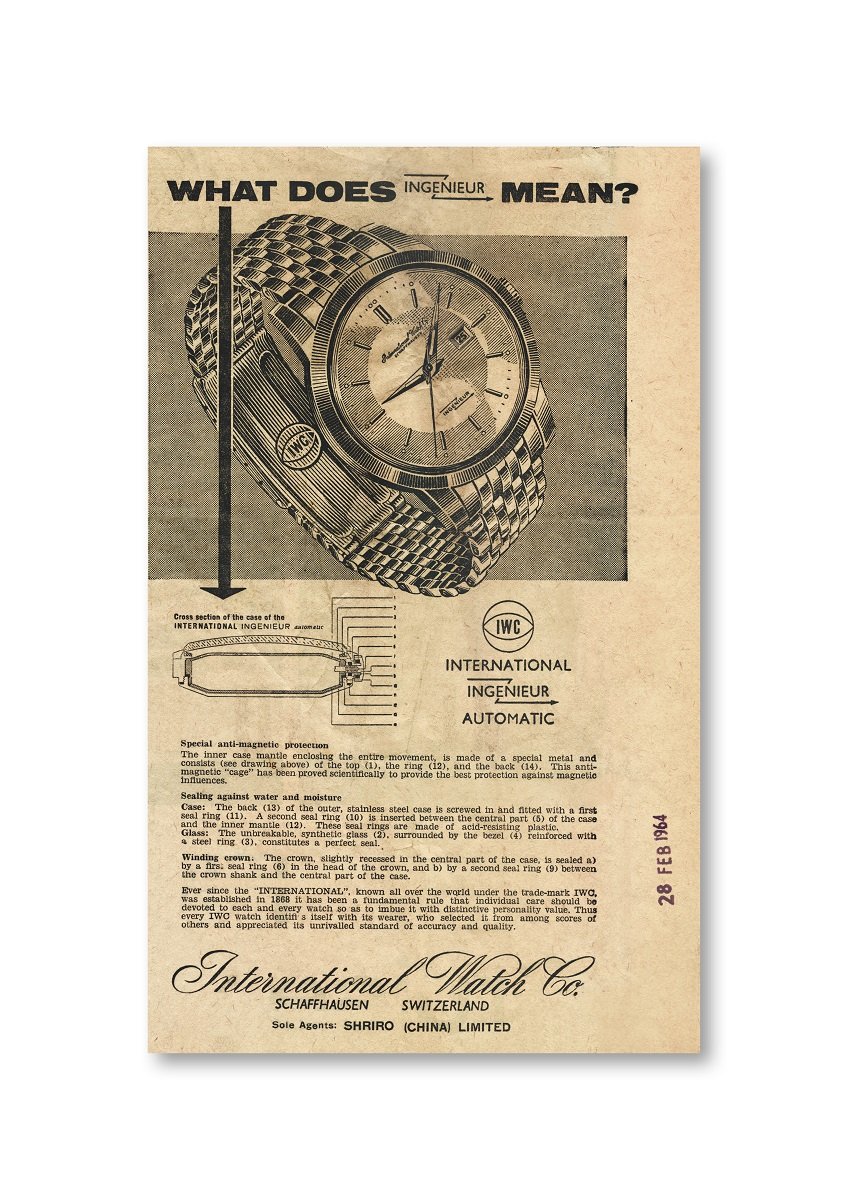
Technology first for the Ingenieur
The anti-magnetic inner case that debuted in the brand’s pilot’s watches was also put to good use in the Ingenieur line from IWC. This highly technical watch for the working-class hero debuted in 1955. But it was star designer, Gérald Genta, who made the watch famous. His 1970s creation called the “Ingenieur SL”, has a classic Genta look that has a lot in common with his other famous creations. The Ingenieur SL has a flat, porthole-like, bezel with five drilled-out indentations around it. In true Genta style, it also features an integrated metal bracelet.
The Ingenieur 3227 (produced from 2005 to 2009) was the first of IWC’s new line of Ingenieur watches, with a design loosely based on the 1970’s Ingenieur SL model. The Ingenieur Reference 3239 introduced in 2013, was part of a collection that also maintained this rather appealing Genta design. Unfortunately, IWC has since discontinued that particular collection of the Ingenieurs.
The current Ingenieur family goes back to the original, somewhat rounder, 1950s design. You might think that the Ingenieur would be the watch of choice for the IWC-sponsored Mercedes AMG Petronas Formula 1 team, but both Lewis Hamilton and Valtteri Bottas promote the brand’s pilot’s watches instead.
Making waves with the IWC Aquatimer
A watch company isn’t a real watch company without a dive watch. Maybe that’s why IWC introduced their Aquatimer in 1967. Although it was more likely commercial reasons that motivated the brand’s decision, but never mind that. What’s the most famous IWC dive watch? The Deep One? Most likely. The Deep Two? Also interesting. Or the Deep Three? With its 48.3mm likely the biggest IWC of all time. But somehow, it wouldn’t be fair to lable any one of those three models as the “most famous IWC dive watch”.
Another good candidate for the title might be the 1982 titanium Porsche Design by IWC Ocean 2000 Ref. IW350001. More modern, yet still interesting, models of the Aquatimer are the Ref. IW323101 from the 2008 Vintage Collection that’s is strongly influenced by the design of the original 1960s watch. Plus the Aquatimer Chronograph Edition “Galapagos Islands” (Ref. IW379504) and the Aquatimer Chronograph Edition “Expedition Charles Darwin” (Ref. IW379503). My conclusion here is that IWC is simply not a brand known for its dive watches. Don’t get me wrong, some do prove to be quite interesting in their own right, but none of them are as synonymous with the brand as their pilot’s watches.
Innovation and inventions in typical Da Vinci style
The Source of inspiration for the original Da Vinci model back in 1985 was a sketch from Leonardo Da Vinci. The Renaissance genius drew a circular bastion based on concentric fortification rings, with moats of water between the rings. All versions of the Da Vinci — both the original and the latest ones — follow that unmistakable design. Concentric rings make for an elegant dial layout and house a number of complications in all models of the Da Vinci line.
The Da Vinci is the most luxurious and opulent collection offered by IWC. Historically, the Perpetual Calendar is the most iconic model within the Da Vinci collection. Master watchmaker Kurt Klaus invented and built a perpetual calendar mechanism, designed to fit on top of a chronograph movement. The Da Vinci Perpetual Calendar Chronograph Reference 3750 was the world’s first movement that was mechanically programmed for the next 500 years and adjustable by simply turning the crown. A mechanical marvel in a distinctly 1980s-style case.
The gentleman from Portofino
Now we come to the Italian-inspired segment of the IWC brand’s history. The name Portofino is linked to a famous coastal town on the Italian riviera, made famous by its jet-set visitors. The name makes you think of crystal-clear Mediterranean waters, colorful old houses, and “sprezzatura”. The studied nonchalant look that stylish Italian men are famous and envied for. Inspired by this concept, IWC has produced a number of dress watches under the name. The Portofino collection’s watches show the more formal side of IWC.
The IWC Portugieser — ahead of its time
The name stems from the two Portuguese businessmen, Rodrigues and Teixeira, who visited the IWC headquarter in Schaffhausen and proposed the development of a large stainless steel wristwatch housing a movement that could match the precision of a marine chronometer. To achieve perfect readability and the highest precision the only way of bringing their vision to life was to put a pocket watch movement inside a wristwatch case. With a diameter of 43 mm, the first Portugieser was considered huge compared to wristwatches popular back in 1939. In general, a watch wasn’t much bigger than 33 mm and the Portugieser also looked nothing like the Art-Deco style watches from that era.
In 1993 IWC introduced a new limited-edition Portugieser. This model marked the starting point of the modern Portugieser collection. Together with the Pilot’s watches, the Portugieser is one IWC’s flagship collections. The Portugieser Automatic —with its 7-day power reserve, railway track chapter ring, applied Arabic numerals, and leaf-shaped hands — is definitely the backbone of the collection. The Portugieser Perpetual Calendar and the Portugieser Annual Calendar show the complicated side of IWC in an elegant fashion.
Moving forward with movements
On the movement side of things, IWC was never a leader in terms of innovation, in contrast to other Swiss manufacturers in the upper echelon. But after the 1985 Da Vinci Perpetual Calendar things started to change at the Schaffhausen manufacture. The “Grande Complication”, the even more complicated “Il Destriero Scafusia”, and the “Doppelchronograph”, with a module designed by Habring from the 1990s, were shining examples of the brand’s movement expertise.
It wasn’t until the year 2000 when IWC launched its automatic in-house Caliber 5000. A movement entirely designed, manufactured, and assembled in the IWC manufacture. Using IWC’s proprietary Pellaton system, this 8-day automatic movement marks the birth of the Schaffhausen-based brand as a movement manufacturer.
The heaviest IWC weighs 4.4kg and is made of paper
Four-point four kilograms, 536 pages, and with more than 500 pictures and illustrations. “IWC Schaffhausen — Engineering Time since 1868” tells the story of IWC in a most unorthodox way. That’s because IWC asked cartoonist Enki Bilal and spiritual bestselling author Paulo Coelho to contribute. Bilal illustrates six short stories related to the different product families by Coelho, thus creating a book within a book.
Manfred Fritz was IWC’s choice to lead this weighty project. Fritz is not only the former editor-in-chief of the German newspaper Rhein-Neckar-Zeitung, but he’s also the author of the book “Die Grande Complication von IWC” from 1991. Another must-read for brand aficionados looking to read more about the IWC brand history. The tome is not a standard brand encyclopedia, but an accessible journalistic story supplemented with prose and art. “IWC Schaffhausen. Engineering Time since 1868” is available in German, French, and English and you can buy the book online. I can be bought for around €170, so this isn’t just the heaviest IWC of all time, it’s also the most affordable!
If you want to have a look at what is available in the current IWC collection, make sure to have a look at the company’s official website.
Please find and follow me at Lex Stolk • Instagram


